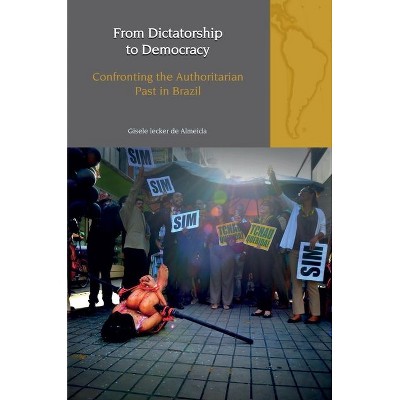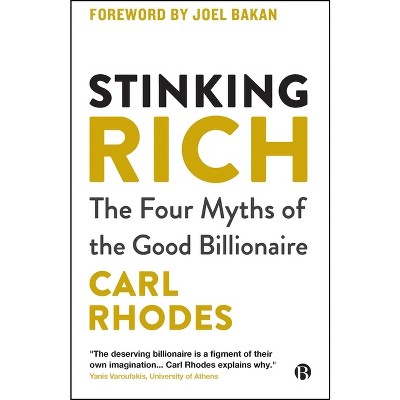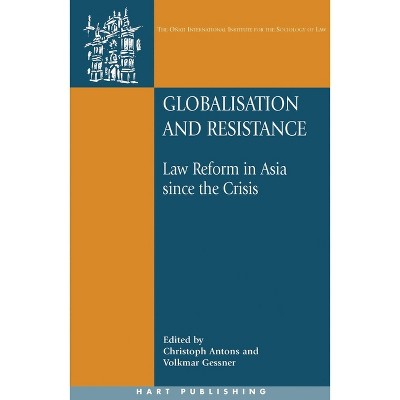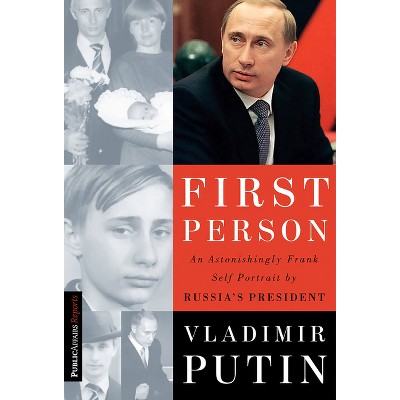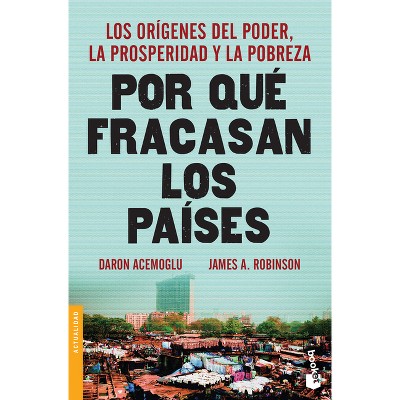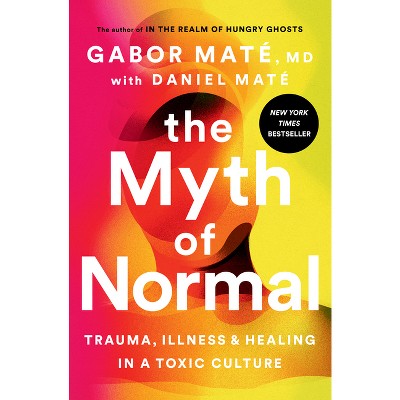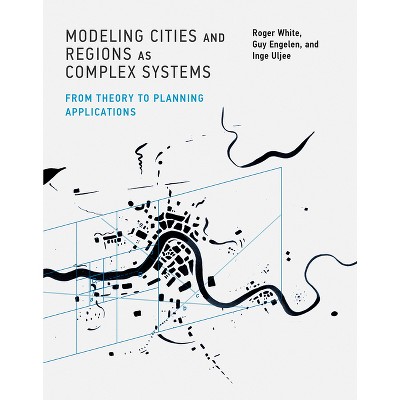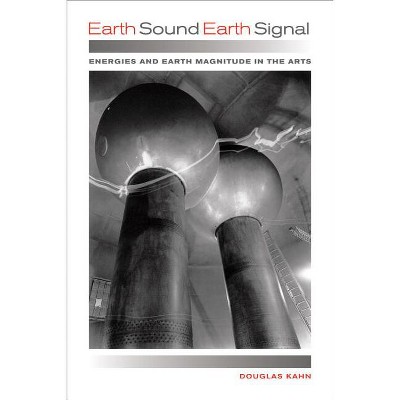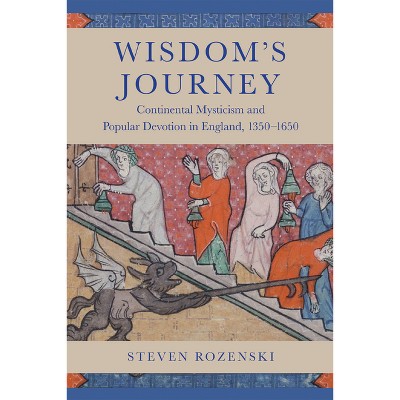Sponsored

Global Industrial Complex - by Steven Best & Richard Kahn & Anthony J Nocella (Paperback)
In Stock
Sponsored
About this item
Highlights
- The Global Industrial Complex: Systems of Domination, is a groundbreaking collection of essays by leading scholars from wide scholarly and activist backgrounds who examine the entangled array of contemporary industrial complexes--what the editors refer to as "the power complex"--that was first analyzed by C. Wright Mills in his 1956 classic work, The Power Elite.
- About the Author: Steven Best is associate professor of humanities and philosophy at University of Texas, El Paso.
- 344 Pages
- Political Science, Globalization
Description
About the Book
The Global Industrial Complex: Systems of Domination, is a groundbreaking collection of essays by leading scholars from wide scholarly and activist backgrounds who examine the entangled array of contemporary industrial complexes-what the editors refer to as "the power complex"...Book Synopsis
The Global Industrial Complex: Systems of Domination, is a groundbreaking collection of essays by leading scholars from wide scholarly and activist backgrounds who examine the entangled array of contemporary industrial complexes--what the editors refer to as "the power complex"--that was first analyzed by C. Wright Mills in his 1956 classic work, The Power Elite.
Review Quotes
The Global Industrial Complex makes an immense contribution to the literature by engaging the key thoughts and ideas of some of the most important, influential and outspoken public intellectuals of our time. In doing so the book provides not only a searing and devastating critique of contemporary 'capitalist' society, but also engages in a full frontal assault on the poverty of imagination evident in those who refuse to believe that there are real alternatives, and that active resistance is necessary to achieve them. It deserves to be read widely.
An excellent, well-researched, and richly informed compendium on the nature of global exploitation and power, a nourishing corrective to the vapid evasions we are usually fed.
At a time when it is increasingly more difficult to find insightful and accessible work challenging the structural and ideological foundations of neoliberal economic savagery, Systems of Domination: The Global Industrial Complex provides a key resource for such a task. This is a wide ranging and thoughtful book that not only critically analyzes the deepening and myriad forms of global market authoritarianism but also offers the theoretical tools to challenge it. A must read for anyone concerned about the promise of a real democracy and the economic, political, and cultural forces subverting it.
Human society is organized in a way that privileges a tiny minority at the expense of the vast majority of humanity and to the detriment of the entirety of the non-human world. With this collection, Best, Kahn, Nocella, and McLaren intervene in that and ask the question: 'Might things be done another way?' The answer, of course, is a resounding 'Yes!' Read this book and join us in creating a world free of the constraints placed on us by domination in all of its myriad forms!
In this book, leading American radical scholars provide important insights into interlocking networks of power under global capitalism. This fine collection of essays is a useful tool for those seeking to understand and alter the corporate structures that dominate our world.
This penetrating, insightful book written by a collection of the world's most prominent public intellectuals, is a skilled combination of lucid explanation and cogently argued critique of what the contributors term the 'global industrial complex'. The authors combine scholarship with insight, erudition with moral passion as they critique the fundamental direction in which our world is moving financially, politically and economically. The conclusions are radical and profound. No activist, academic or student can afford to ignore their arguments.
This volume consists of high-quality essays addressing "the global industrial complex dominated by capitalist growth and profit imperatives, bureaucratic efficiency requirements, technological mass production of standardization, and hierarchical administration." A beginning essay by Noam Chomsky sets the stage. The following 11 essays treat topics such as the corporate war economy, the security industrial complex, and the linkage between the media and the military. Ward Churchill's outstanding chapter on the history of government repression is a high point of the volume. Surprisingly, Churchill, famous for his extensive analysis of government mistreatment of Native Americans, does not address this subject except for including the American Indian Movement in a list of organizations that have been targeted. Toby Miller's much shorter study also requires special notice. Miller shows how the government has been able to influence the media, which has been more than willing to produce material that serves propagandist purposes. Singling out these two contributions is not intended to diminish the importance of the other contributions. The essays are well written and devoid of unnecessary jargon. The book's structure is such that students will find it especially useful in terms of research in these subjects, and specialists will also profit from this collection. Summing Up: Highly recommended.
With capitalism battering the Third World and forcing the First World to lower its expectations of opportunity, human rights and a future, getting an unflinching, intelligent look at so-called recessions, superprofits and resistance is needed more than ever. Who better to illuminate politics, social movements and finance than this constellation of authors? None better can present matters of such urgency as accessibly or sharply.
About the Author
Steven Best is associate professor of humanities and philosophy at University of Texas, El Paso.
Richard Kahn is core faculty in education at Antioch University Los Angeles.
Peter McLaren is a professor in the school of critical studies in education at University of Auckland, New Zealand.
Anthony J. Nocella II is visiting professor in the School of Education at Hamline University.
Shipping details
Return details
Guests also viewed


